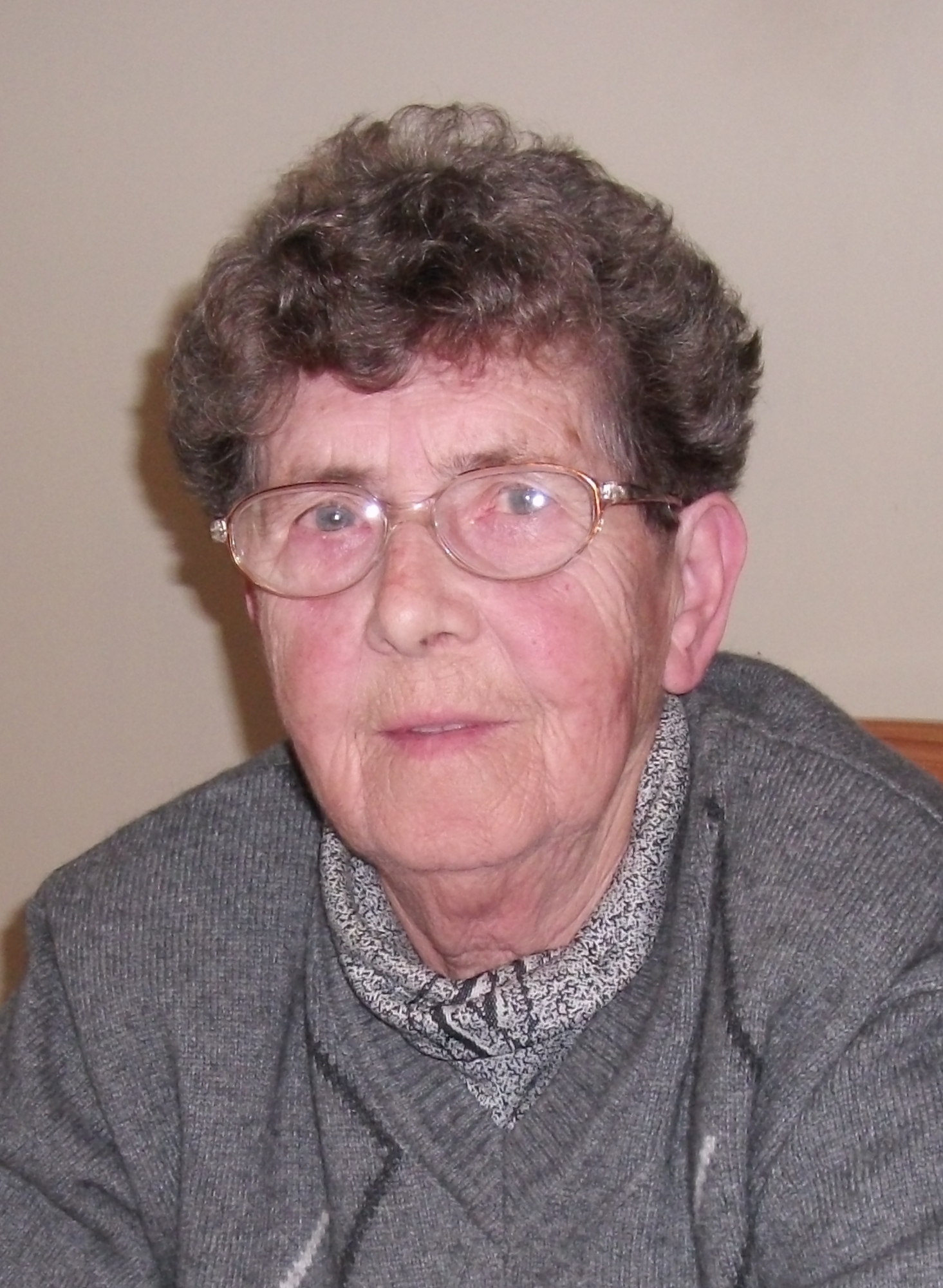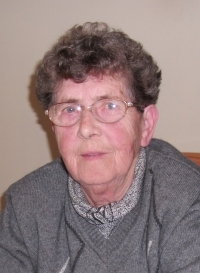They had no coffins so the bodies were put in some kind of boxes made from wood, covered with lime

Stáhnout obrázek
She was born on 28 July, 1928 in Chortkiv ( south-east Ukraine, Podolia region, Tharnopol district). Her mother Józefina Krokowska (1897 or 1898 - 1951) came from Lviv, from the Łyczaków quarter. Her father Józef (born in 1896 or 1897), and came from Prague, he was Czech. He came to Lviv before the war and set up his own meat delivery company. He met his future wife Józefina there. They got married in 1921 and had three children. Maria Krokowska‘s grandmother died before World War II. Her father was a lawyer (as his father Stanisław Krokowski (died in February 1929) and his brother Bolesław Krokowski). Józef Krokowski took part in the Battle of Lviv in 1918. During the second world war he serviced in the army and after defeat with Germany he went to Hungary, then France and Great Britain at the end. He came back to Poland in 1946 and got job as a lawyer in „Mieszko“ coal mine in Wałbrzych then he fetched his family here. Bolesław Krokowski was shot dead in Pawiak prison. Maria Krokowska spent the whole war in Chortkiv. Her mother - Józefina Krokowska was a member of the AK ( Armia Krajowa - the Home Army) and involved her daughter in a conspiracy ( cleaning weapons brought from Hungary). They both left Czorków in 1945 because Józefina Krokowska had to hide from the NKVD. Their home was took over by a soviet colonel who he arranged transport to Poland. They landed in Koźle where Maria Krokowska‘s mother worked in the PUR. Her husband - Józef Krokowski came back to Poland and his wife and daughter joined him in Wałbrzych. Maria Krokowska was sent to a business school in Legnica where in 1951 she passed an Abitur. She started to work in the Geodetic Department, in „Mieszko“ coal mine. In 1980 she joined „Solidarnosć“. She retired in 1984. She was a member of the „Solidarność Walcząca“ („Fighting Solidarity“) and took part in publishing the underground magazine, „Węgielki Wałbrzyskie“. After the Martial law in Poland she was an active member of the Wałbrzych Work Priesthood. She worked voluntarily helping the teachers. Afterwards, she served three terms as an assessor in Wałbrzych Court. She has a son - Peter. Maria Krokowska still lives in Wałbrzych.
